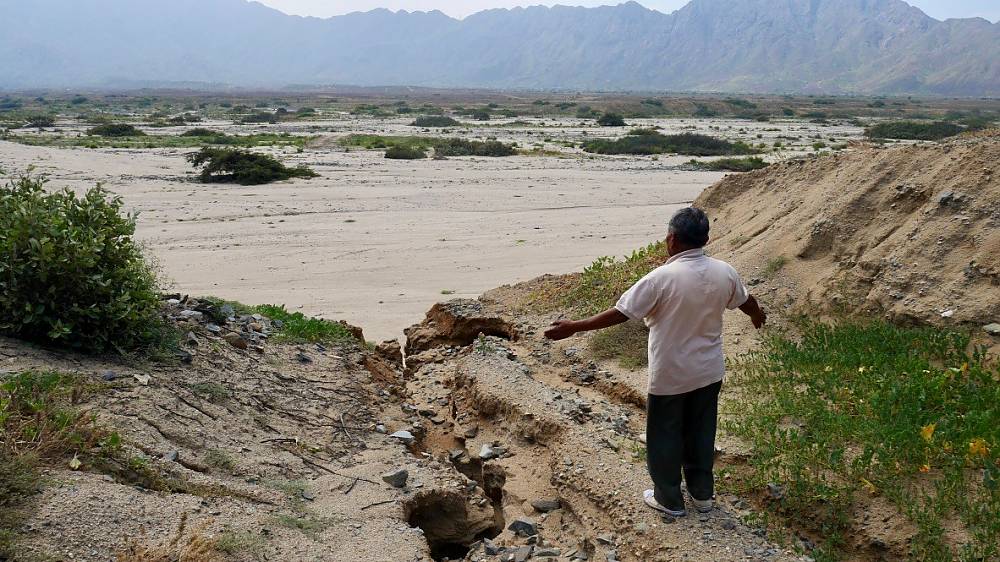Intangible cultural heritage and disaster risk management are mutually beneficial; this is the finding made by a desk study (English) recently commissioned by UNESCO. The purpose of the study was to take stock of the current state of knowledge regarding the impact disasters caused by natural and human-induced hazards have on intangible cultural heritage, as well as the role living heritage can play in mitigating the effects of such disasters for local communities. The study involved reviewing the available literature, identifying relevant case studies, mostly from the Pacific, and devising a set of recommendations to help safeguard and mobilize intangible cultural heritage in the context of disasters caused by natural and human-induced hazards.
The results of the study demonstrate the role of intangible cultural heritage in ensuring preparedness, recovery and resilience, as well as the extent to which its practice and transmission can be affected in such situations. The study also points out that intangible cultural heritage has regrettably not yet been duly taken into account in the field of disaster risk management. These findings pave the way for carrying out important work to better reflect both the contribution of intangible cultural heritage to disaster risk management strategies, and the need for strategies specifically centered on the safeguarding of living heritage.
The desk study forms part of an ongoing discussion on intangible cultural heritage and emergencies by the Intergovernmental Committee for the Safeguarding of the Intangible Cultural Heritage (Decision 11 COM 15). In particular, the Committee encouraged UNESCO to study the role communities play both in safeguarding their intangible cultural heritage at risk in emergencies and in mobilizing it as a tool for preparedness, resilience, reconciliation and recovery. The forthcoming twelfth session of the Committee – taking place in Jeju Island, Republic of Korea, from 4 to 9 December 2017 – will continue the discussion on these issues.
Event:
-
12th session of the Intergovernmental Committee (4 December 2017 – 9 December 2017)
Decisions:
-
11.COM 15 (2016)
